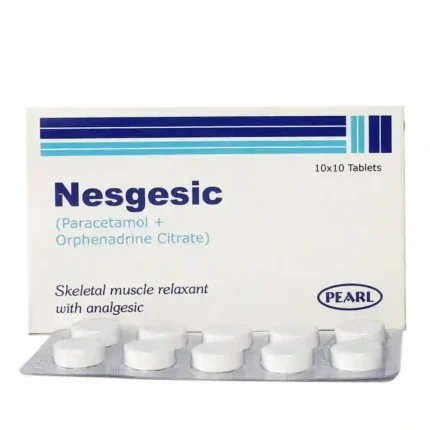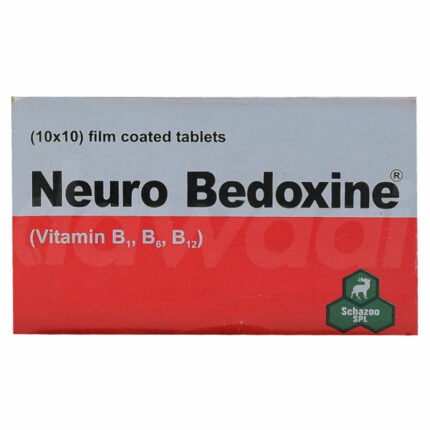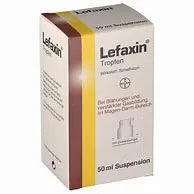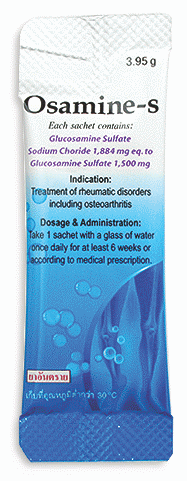Neoprofen: A Treatment for Patent Ductus Arteriosus in Premature Babies
Neoprofen is a medication used to treat patent ductus arteriosus (PDA) in premature babies. PDA is a heart condition where a blood vessel, the ductus arteriosus, fails to close after birth. This blood vessel is only needed before birth and should close after the baby is born. Neoprofen works by causing the PDA to constrict, effectively closing the blood vessel.
How It Works
Neoprofen is administered intravenously to premature babies weighing between 500 to 1500 grams, who are born not more than 32 weeks of pregnancy. It is typically given in three doses: an initial dose of 10mg/kg, followed by two additional doses of 5mg/kg each, given 24 and 48 hours after the first dose. The medication is given over a 15-minute infusion period.
Important Considerations
- Administration: Neoprofen should only be given by or under the supervision of a healthcare provider.
- Renal Function: If anuria (no urine production) or marked oliguria (low urine production) is evident, the second or third dose should be withheld until renal function returns to normal.
- Ductus Arteriosus Closure: If the ductus arteriosus closes or significantly reduces in size after the first course of treatment, no further doses are necessary. However, if it fails to close or reopens, additional treatment options such as alternative pharmacological therapy or surgery may be necessary.
Potential Side Effects
While Neoprofen is generally effective, it can cause several side effects, including sepsis, anemia, intraventricular bleeding, apnea, gastrointestinal disorders, impaired renal function, respiratory infection, skin lesions, hypoglycemia, hypocalcemia, and respiratory failure. Serious skin reactions such as exfoliative dermatitis, Stevens-Johnson syndrome (SJS), toxic epidermal necrolysis (TEN), and acute generalized exanthematous pustulosis (AGEP) are also possible.
Conclusion
Neoprofen is a crucial medication for treating PDA in premature babies. Its administration should be carefully monitored by healthcare professionals to ensure the best possible outcomes for the baby. Understanding the dosage regimen and potential side effects is essential for effective treatment and patient safety.






Reviews
There are no reviews yet.